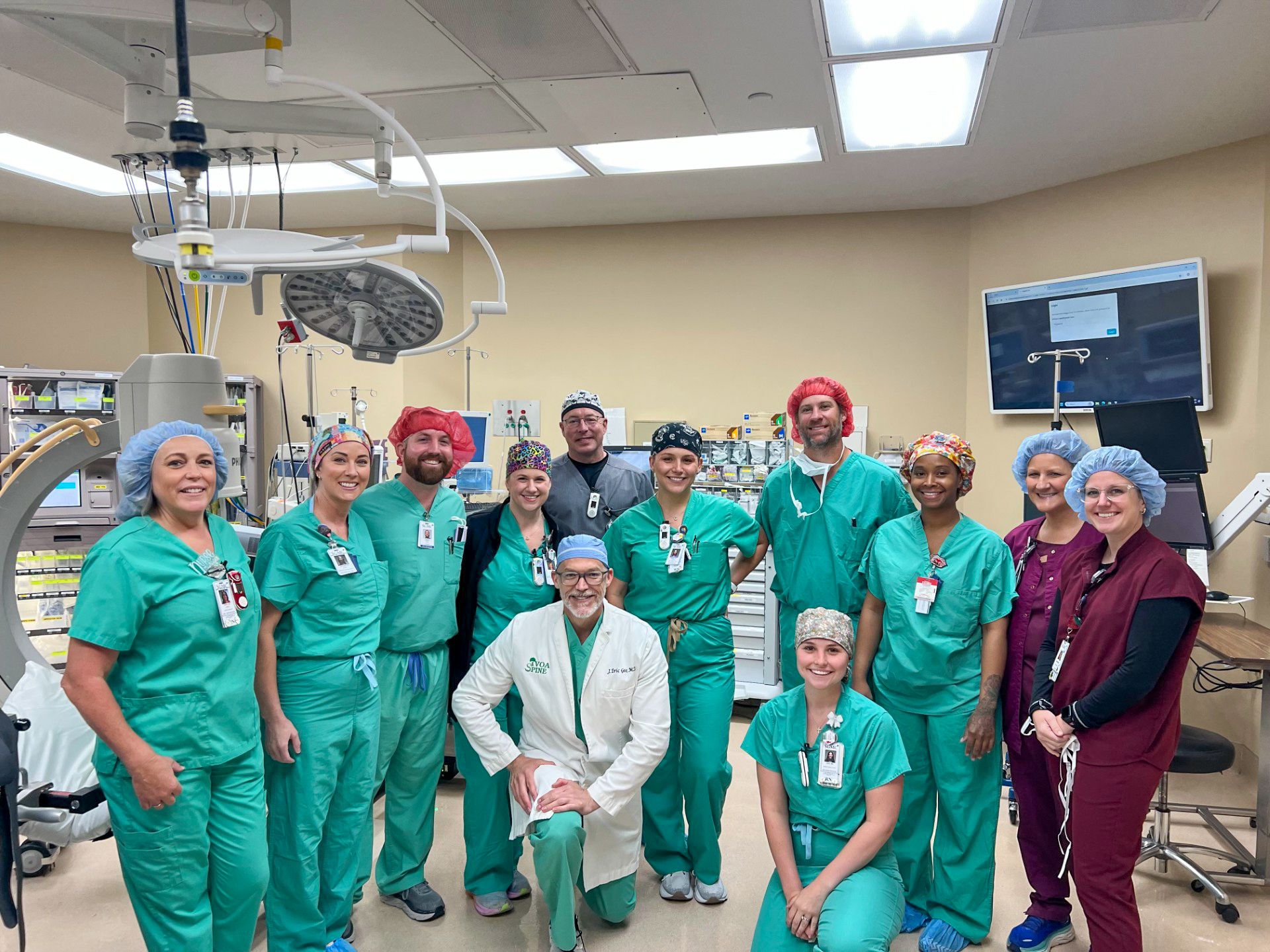Column: The Sabal Trail juggernaut
Published 12:52 pm Thursday, October 8, 2015
The Sabal Trail pipeline project is knocking at our doors. In the Suwannee Democrat article “FERC: Sabal’s proposed pipeline impact ‘less than significant’ on environment”, Amber Vann reports that the project is quickly moving forward.
The Federal Energy Regulatory Commission (FERC) draft Environmental Impact Study (EIS) acknowledges that the region’s Floridan Aquifer is one of the highest producing aquifers in the world, providing about 60 percent of Florida’s groundwater used. It acknowledges that the karst terrain the Sabal Trail Project would go through is “critical in controlling recharge and discharge of the Floridan aquifer system” and that the project would have some environmental impacts. FERC’s staff have concluded that these impacts would be reduced to “less than significant” by the builder’s impact minimization efforts and construction methods.
Really? They propose sending pressurized, explosive, fracked natural gas 685 miles through a 36-inch diameter pipe, trenching and constructing compression stations on private lands, and drilling under our rivers. What could possibly go wrong?
A Spectra Energy pipeline exploded under the Arkansas River on May 31, 2015. Spectra Energy (which owns Sabal Trail) and the U.S. Coast Guard were unaware until they were notified over 24 hours later when a tugboat owner reported severe damage to its boat. Spectra has a long history of safety violations that have resulted in pipeline and compressor station explosions.
The Suwannee River Water Management District has advised that the pipeline route should avoid highly sensitive water resource features, karst topography, and unconfined drinking water sources (Floridan Aquifer) within the District. Pipeline trenching could intersect the local water table. In some areas horizontal drilling near streams and rivers could impact local flow systems. The deeper horizontal drilling required to pass under large rivers like the Suwannee could potentially intercept karst conduits, so the possibility of restriction or redirection of groundwater flow to local springs and wells exists.
Shallow caves in the porous karst may prevent installing effective structural support for the pipe. Grouting in these cavernous zones may be ineffective. Excessive grout pumping may cause localized groundwater contamination if pumped into flow systems.
Periodic testing of the pipeline integrity will require large volumes of local groundwater. The sudden extraction of such large volumes of water could trigger sinkhole activity. The water will be contaminated in the testing process, and must be disposed of safely.
A compression station is planned for the Ichetucknee area in Suwannee County. Compression stations compress the gas and remove contaminants, including hydrocarbons, from the gas. They create noise pollution and emit tons of pollution. A new study has linked these emissions to health problems for residents near these stations.
The pipeline is said to be “for the greater good”, therefore justifying eminent domain procedures for land acquisition. (Landowners will be restricted on using their land that is within immediate proximity to the pipeline.) The gas will initially be used to fuel new Florida Power and Light power plants in central Florida. But the Sabal Trail pipeline capacity will far exceed the needs of Florida’s residents in the decades to come. Several CNG export terminals are planned for Florida’s east coast. Ultimately, when federal export bans are lifted, the CNG gas will be exported overseas (along with American jobs) to the highest bidders in Asia. There are no “America first” protections that will protect the interests of American consumers.
This project is but one in an unwise overbuilding of fossil fuel infrastructure. We are already awash in excessive supplies of oil and gas. Instead of fracked natural gas being a “bridge fuel” to renewable energy resources, the fossil fuel industry and utilities will protect their investments and status quo monopolies, threatening to delay the now-inevitable global conversion to renewable energy sources such as wind and solar. Solar energy is about to be a disruptive force in the energy industry, as it is now economically feasible. It’s cheap, reliable and will provide utilities competition they never have had.
As fossil profits decline, who will insure the due diligence of these companies to protect American lives and properties in the decades to come? Will we leave that burden for future generations?
This is our last, best chance to stop this destructive trend. The nearest public meeting is scheduled for Columbia County, a county unaffected by Sabal Trail, on Thursday October 1 at the Columbia High School Auditorium. Sign-up for speakers starts at 5:30pm and the speaker’s comment period starts at 6:00pm. The WWALS Watershed Coalition plans to argue against Sabal Trail’s pipeline during a legal hearing either in Live Oak or Jasper Oct. 19-22. The aforementioned Democrat article lists several options for public comment and for researching this issue further. Please get involved!
Let us think globally, and act locally!





